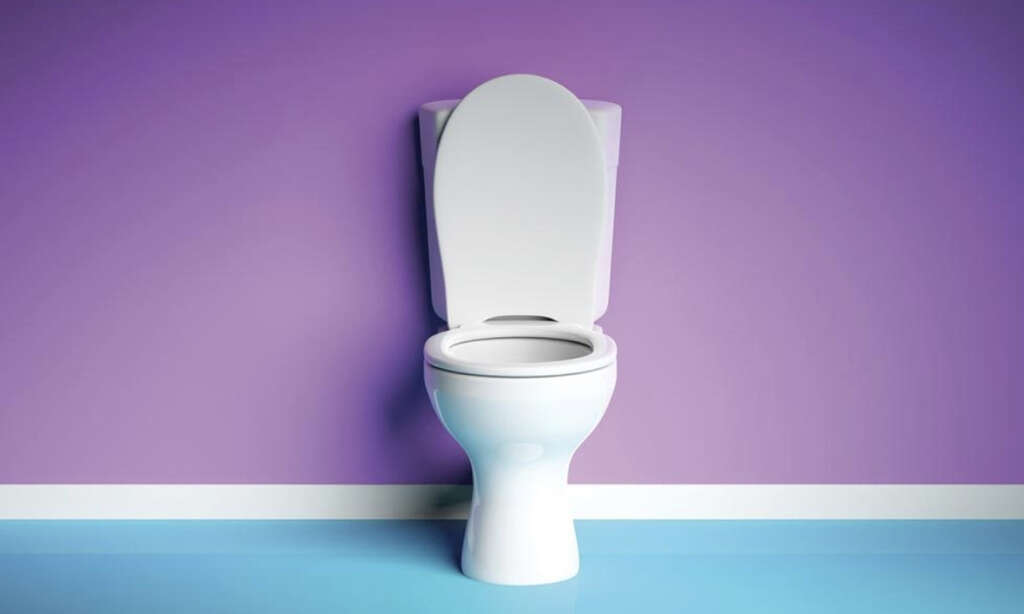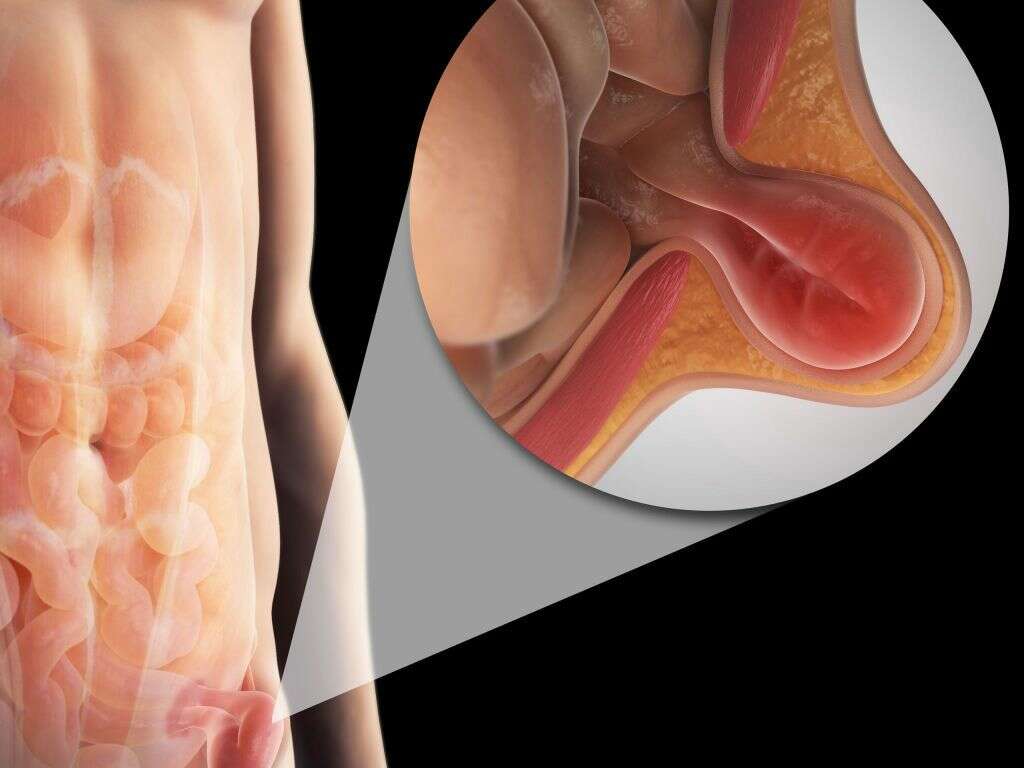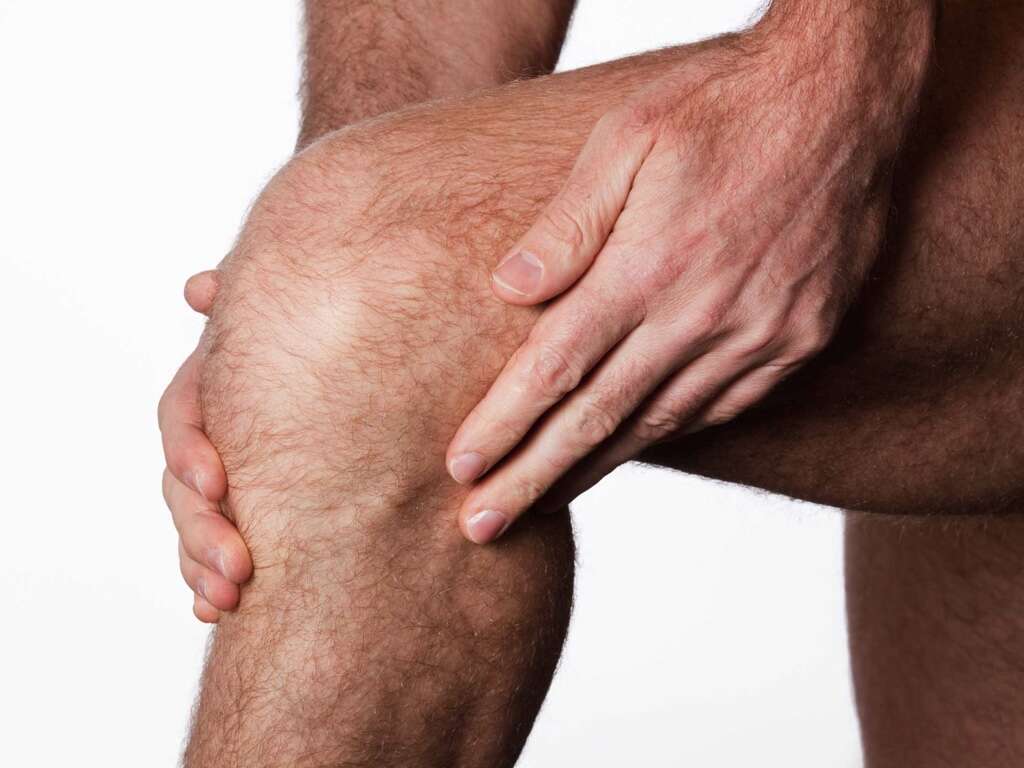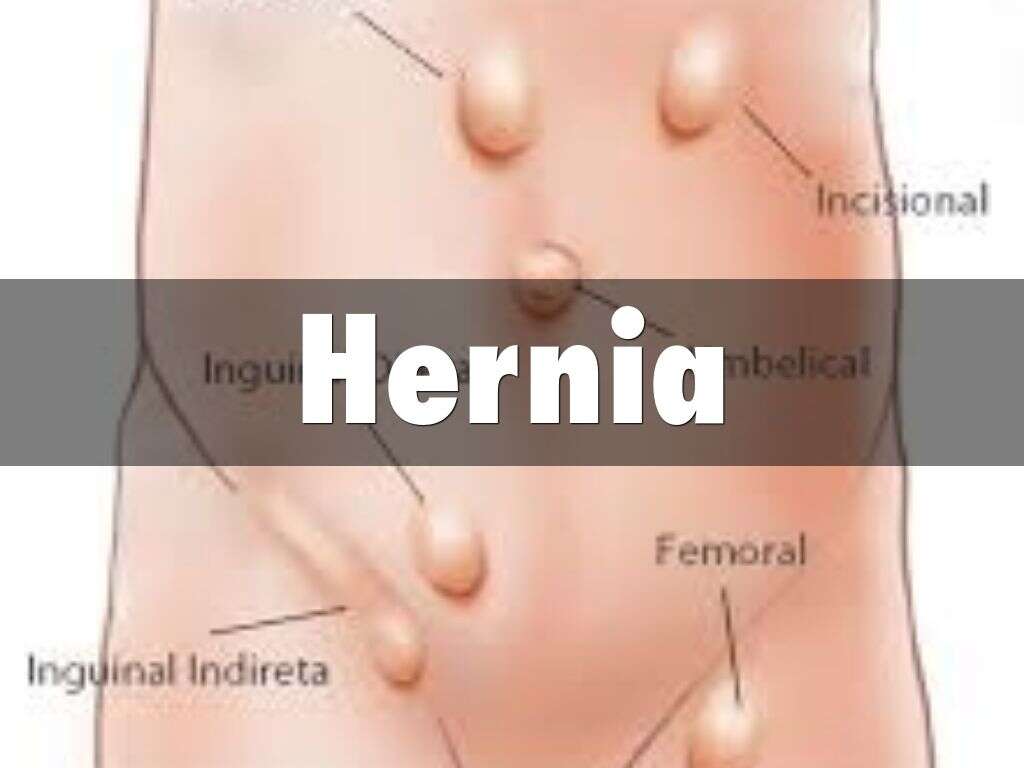Hiatal Hernia Causes
A hernia is a condition where an organ and/or other bodily tissues have broken through a natural barrier such as a wall of muscle. They are not usually dangerous, and are often not even painful, and many people will have a hernia for a long time without even being aware of it.
A hiatal hernia occurs when the top part of the stomach protrudes through the hiatus, which is a hole in the diaphragm. This can cause some unwelcome symptoms in some cases, but the patient will often not feel a thing. Treatment is available if necessary, but doctors will often decide against it.

1. Trauma
One way to acquire a hiatal hernia is through picking up an injury. Trauma can cause pressure on the abdomen area that forces the stomach through the hiatus, causing the hernia. In addition, an injury may also cause damage to the hiatus, making it larger and allowing the stomach to protrude through it more easily.
Depending on the nature of the injury, the hernia might go unnoticed and the patient will often experience no symptoms at all. If the patient has received significant trauma to the area, however, then medical professionals might want to investigate the area thoroughly, potentially revealing the hernia.

2. Surgery
Medical professionals generally try to avoid performing surgery until there is no other option available. This is largely because even fairly straightforward procedures can result in complications that can be both uncomfortable and even risky for the patient.
One example of such complications include damage to the area and potential difficulty in healing. Depending on the operation, this can mean the hiatus is made weaker and/or larger, thus allowing the stomach to protrude through, resulting in a hiatal hernia. If you do experience any unexpected symptoms after you have had surgery then you should speak with a medical professional as soon as you can.

3. Age
As we get older, our bodies are more prone to developing a number of problems through wear and tear, among other things. Our skin becomes looser and our muscles become less toned than they used to be.
This can cause the appearance of aging while it can also make us weaker and less mobile. People who are over the age of 50 are more prone to having a hiatal hernia than younger people are. That does not mean it will necessarily happen to everybody over that age, and it does not mean it cannot happen to people who are below that age.

4. Aging Diaphragm
As with other parts of the body, the diaphragm can also develop problems and generally become weaker as the patient gets older. This can lead to problems like breathing difficulties, while it can also mean the patient becomes more susceptible to a hiatal hernia.
If you are experiencing other symptoms as a result of diaphragm problems then there’s a good chance of a hernia being discovered during checks for other problems, leading to treatment for the condition, but this is not always necessary. A lot of people will manage just fine without getting it treated.

5. Violent Vomiting
Vomiting is an unpleasant symptom, but it is also something that is sometimes very useful. In forcefully forcing the contents of our stomach out from the body, vomiting can help to protect us against toxins, pathogens, and anything else that might otherwise do us harm.
It is not without its downsides, of course, one of which is that the patient might end up with malnutrition and/or dehydration. In addition, vomiting can sometimes cause violent contractions of the muscles in and around the abdomen. The pressure applied by these muscles can sometimes be enough to force the top of the stomach up through the hiatus.

6. Coughing
Coughing is a very common symptom. It is usually quite mild and only short-lived, with the cough stopping as soon as an obstruction has been cleared from the throat. In a lot of cases, however, coughing is caused by a disease and not necessarily by a blockage.
Coughing involves sharp contractions of the muscles in the chest and abdomen area. In some cases, these can contract quite forcefully and/or persistently. In a small number of cases, these contractions can be enough to force the top of the stomach up through the hiatus.

7. Bowel Movements
Passing stools is thankfully usually a fairly straightforward process with little effort involved, but this is not always the case. Some people might have more difficulty when passing stools, and this is often caused by certain medical conditions.
If things are not passing through the system as smoothly as they should be then it can become necessary for us to strain to squeeze out the contents of our colon. If you do this hard enough then you might cause yourself an injury, including a hiatal hernia. If you have some laxatives available then it would be a better idea for you to use those to help.

8. Large Hiatus
While many people are similar in the proportions of their body parts, there is still variance from person to person. Some people will have various body parts that are larger or smaller than others, and this can sometimes result in some welcome symptoms.
One of these is a hiatal hernia. Some people are born with a hiatus that is larger than usual relative to the rest of their body, and this will mean that the stomach is more likely to pass through it. A lot of people will go throughout their entire lives without knowing they have a large hiatus, or even that they have a hiatal hernia.

9. Heavy Lifting
When we lift heavy objects, the muscle groups in our torso will help to provide much of the lifting power. Heavy lifters such as body builders are generally taught to try to lift using large muscles such as those in the legs and in the buttocks, but other muscle groups will still need to do a lot of the work.
If you try to lift a particularly heavy weight, and especially if you are using an incorrect posture, your abdominal muscles might be squeezing harder than you can handle. People who do exercise should make sure that they are using the right techniques and any necessary equipment to help keep them safe. Otherwise, they might end up causing themselves an injury, and this includes a hiatal hernia.

10. Obesity
Being overweight will put a lot of unnecessary strain on your internal organs. Your heart, liver, and kidneys are all made to work much harder than they usually would, and the extra weight will put more physical pressure on organs and other tissues. One potential result of this is a hiatal hernia.
There are many reasons to get yourself to a healthy weight if you are obese. This is usually achieved with a healthy, low-calorie diet and plenty of exercise. If you can afford to hire a personal trainer then they will be able to help you to get results quicker.











